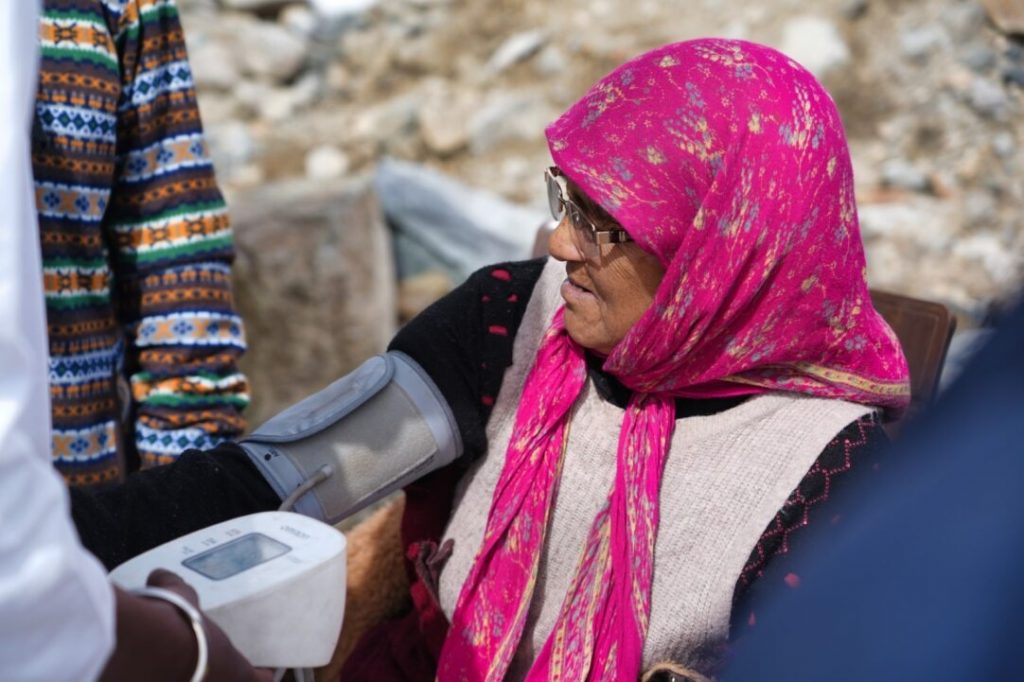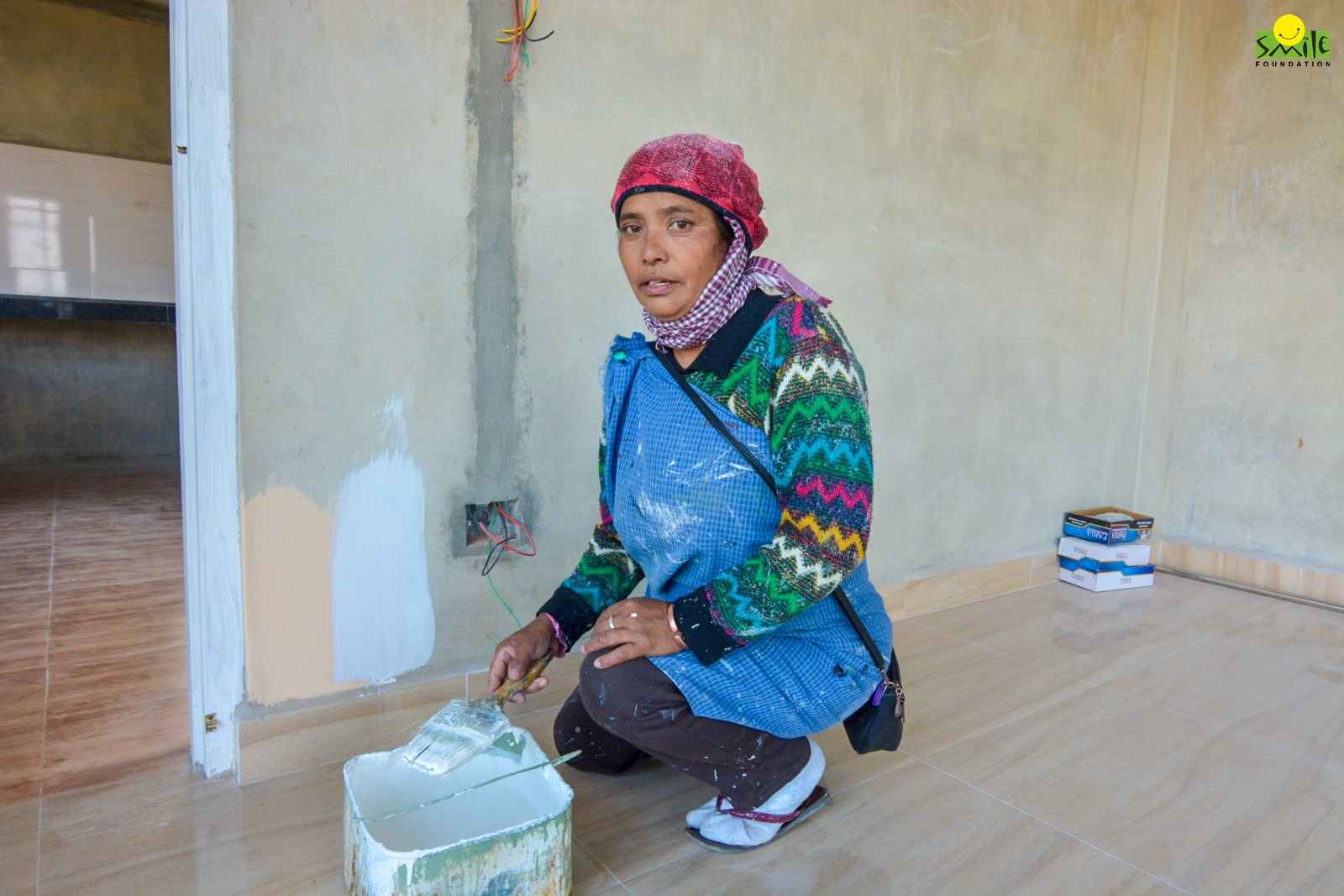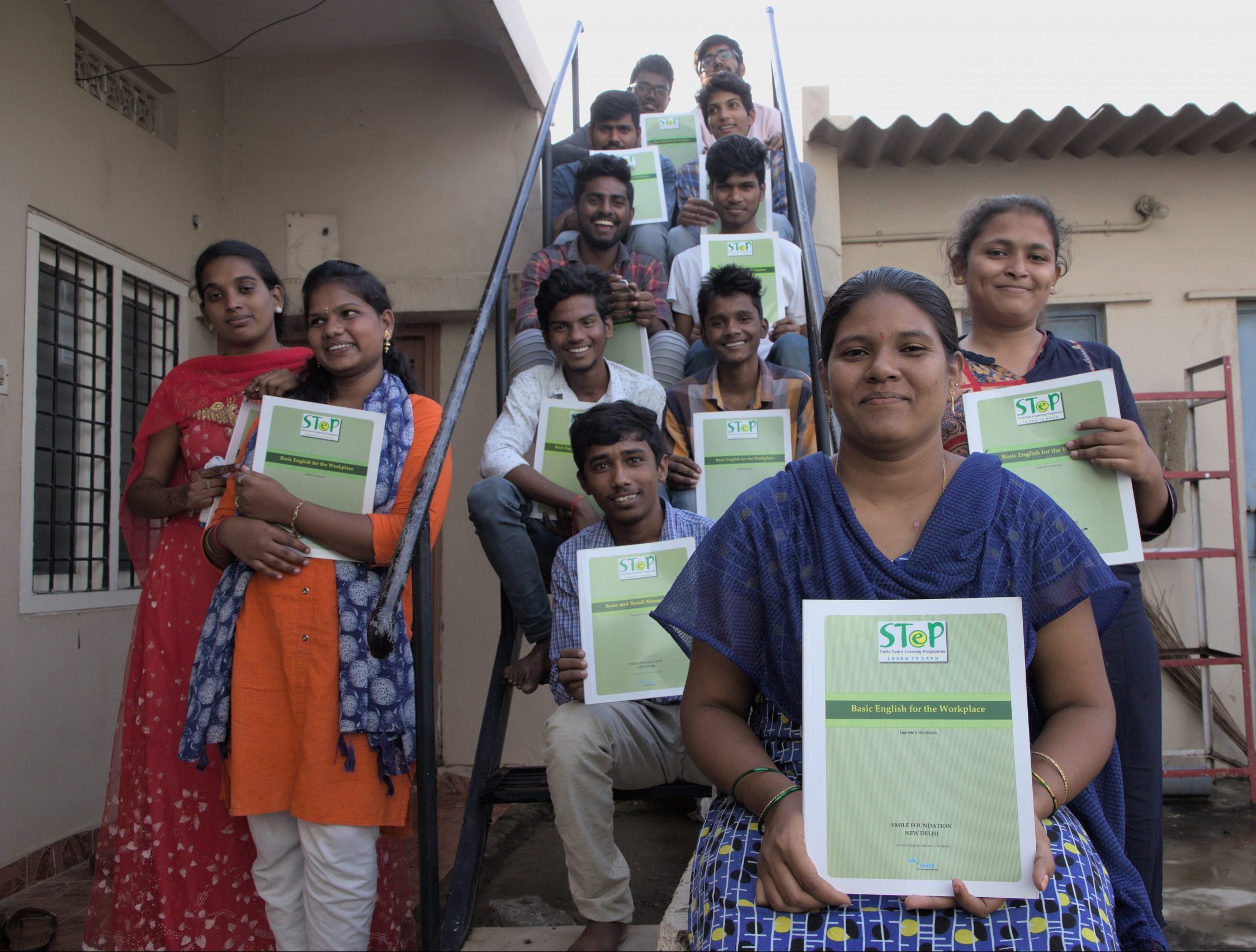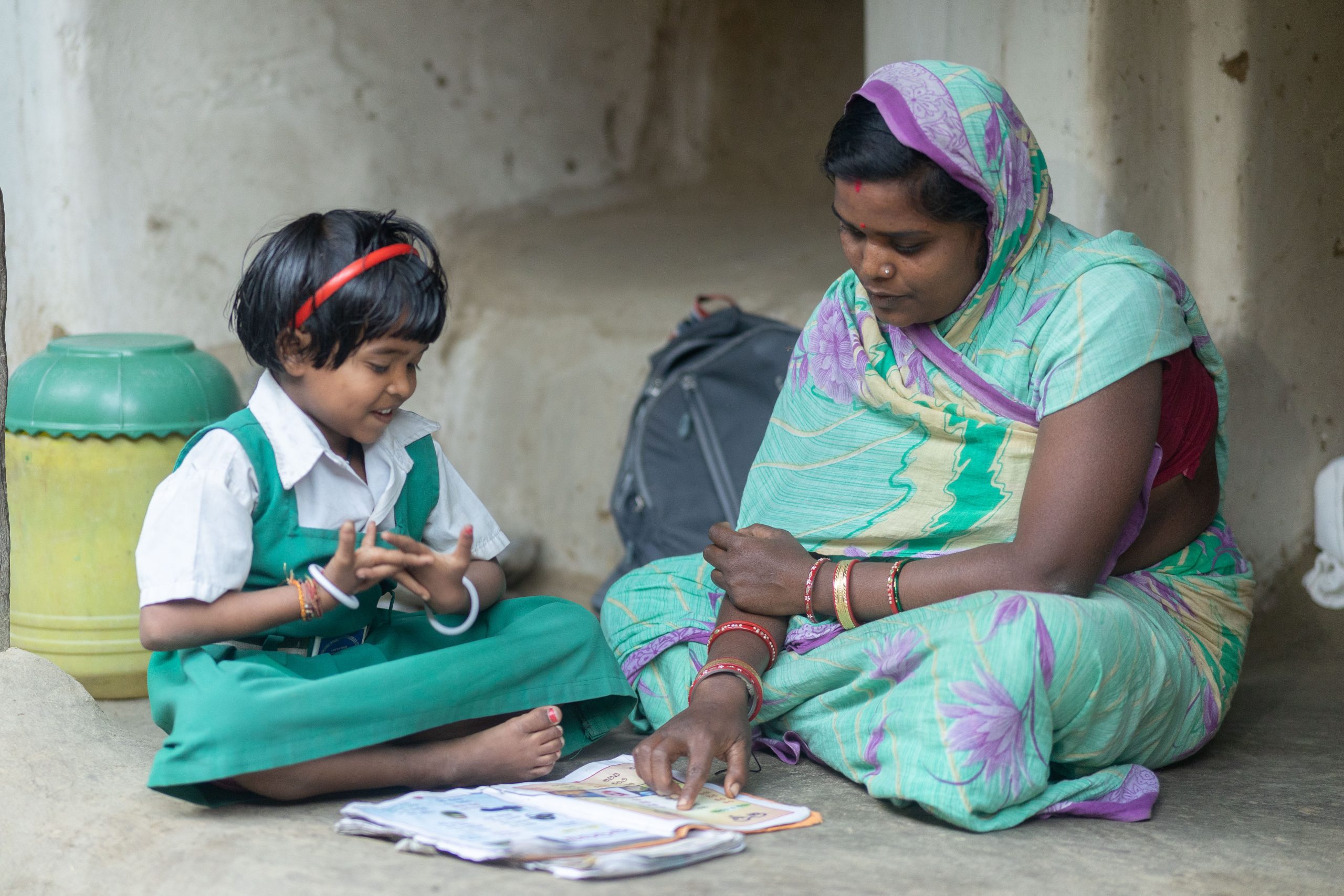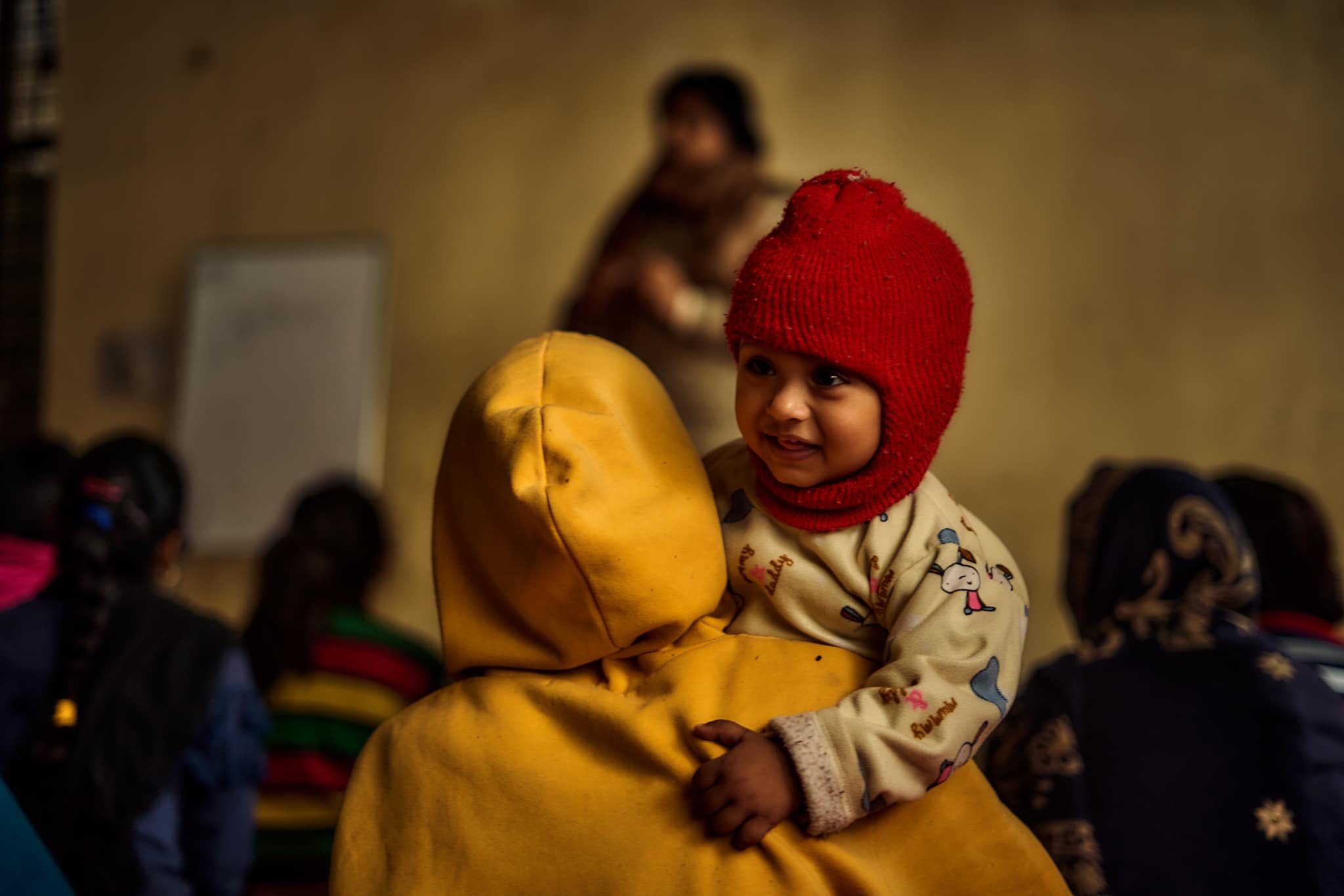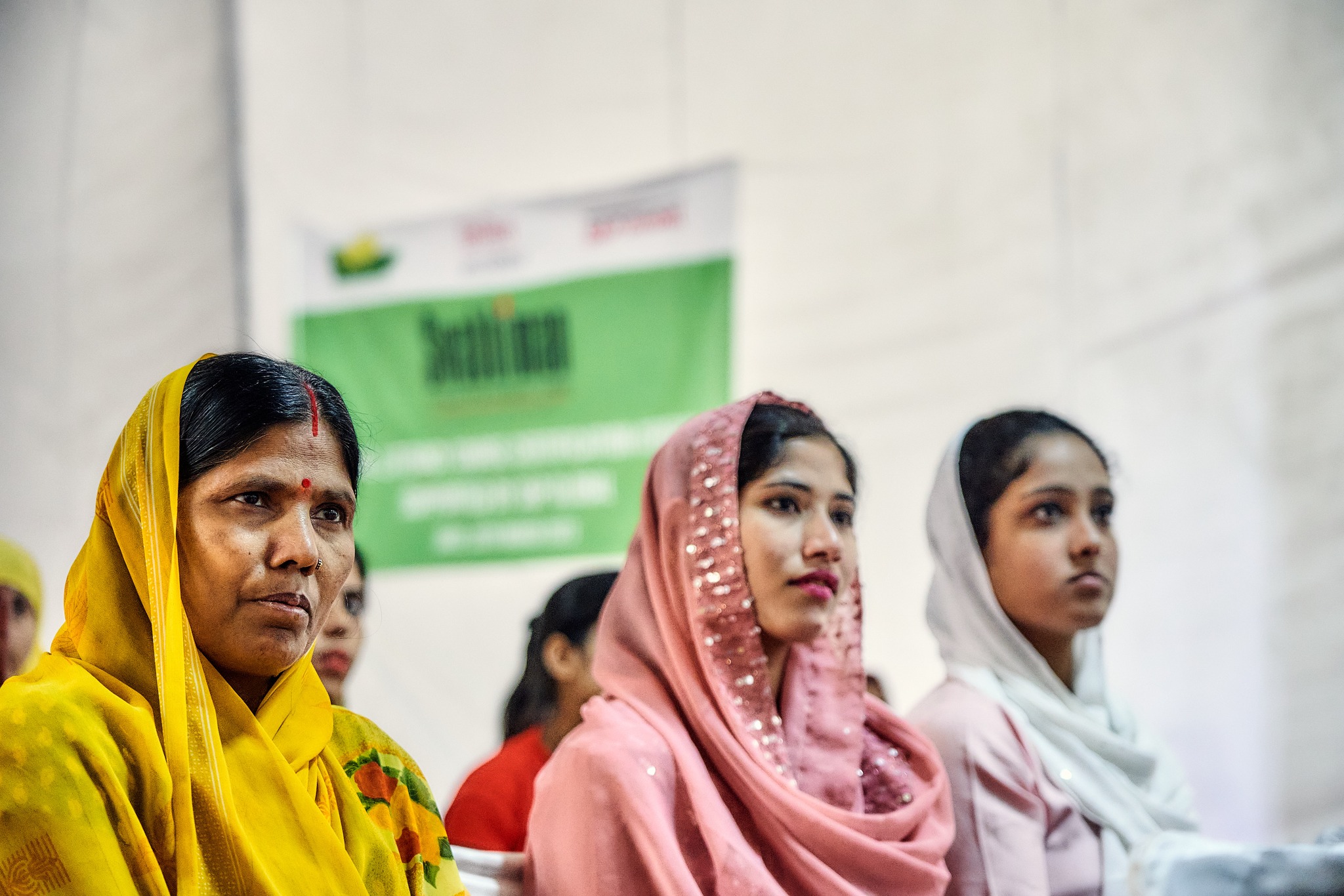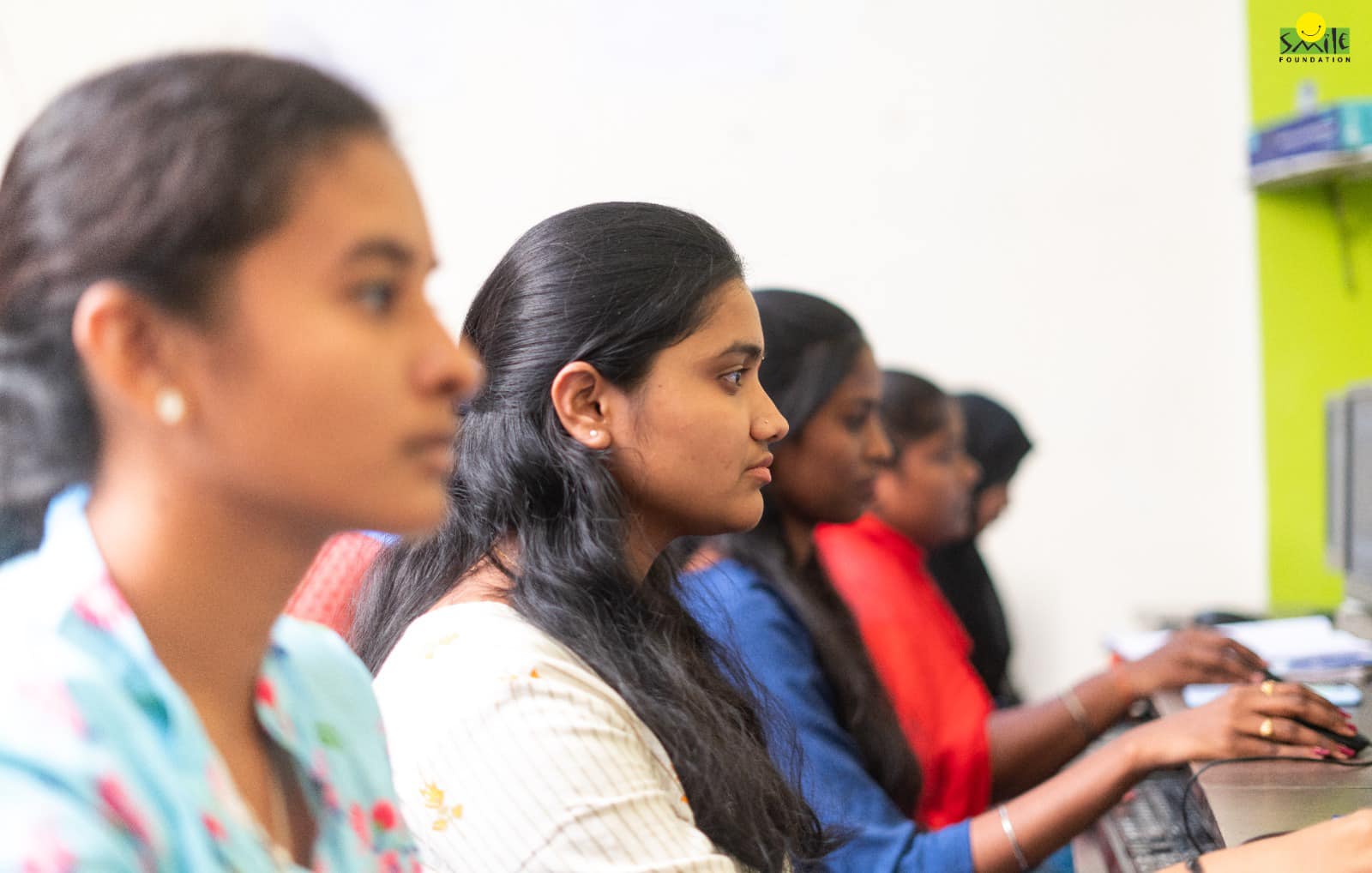The India Ageing Report 2023 forecasts a significant demographic shift, with one-fifth of India’s population expected to be over 60 years old by 2050, totaling 347 million people. Alarmingly, over 40% of these elderly individuals belong to the poorest wealth quintile, raising concerns about their quality of life and access to healthcare. Addressing this, healthcare services at the doorstep of underserved elderly are beyond the need of the hour.
The initiatives of Government of India like the National Programme for Healthcare of the Elderly (NPHCE) aim to offer accessible, affordable, and high-quality healthcare, covering preventive, promotive, curative and rehabilitative aspects. Additionally, schemes such as the Senior Citizen Health Insurance Scheme (SCHIS) provide financial protection for medical expenses, while the Old Age Pension assists those lacking financial resources. Despite these efforts, significant strides are necessary to ensure elderly individuals receive adequate healthcare services.
The mound of healthcare challenges for the elderly
India faces significant challenges in providing comprehensive healthcare services to its elderly population. Access to healthcare remains a major hurdle, particularly for those residing in rural or remote areas where healthcare facilities are sparse and transportation infrastructure is lacking. The elderly often struggle with long distances and limited mobility, hindering their ability to access timely medical care.
Financial constraints further compound the issue, as many elderly individuals struggle with the burden of out-of-pocket expenses for medications and treatments. With a substantial portion of the elderly population on fixed incomes or without adequate health insurance coverage, affordability becomes a significant barrier to accessing essential healthcare services.
Moreover, India struggles with a shortage of healthcare professionals trained in geriatric medicine. The lack of specialised care providers exacerbates the challenges of addressing age-related health issues effectively.
To tackle these issues, concerted efforts are needed to improve healthcare infrastructure, enhance accessibility and expand health insurance coverage for the elderly. Additionally, investing in training programmes to equip healthcare professionals with geriatric care expertise is imperative to ensure the well-being of India’s aging population.
Bringing healthcare services to the doorsteps of the elderly is crucial for ensuring their well-being and improving their access to medical care. This approach recognizes the challenges that elderly individuals face, such as limited mobility, transportation difficulties, and health-related issues that make it challenging for them to visit traditional healthcare facilities. By taking healthcare services directly to their homes, elderly individuals can receive timely medical attention, preventive care, and support services in a familiar and comfortable environment.
Mobile healthcare for the elderly
Mobile healthcare units play an important role in reaching elderly individuals in rural and underserved areas of India. These units are equipped with medical professionals, diagnostic tools and essential medical supplies, enabling them to provide comprehensive healthcare services directly to the doorsteps of elderly individuals.
Mobile healthcare units offer a wide range of services tailored to the specific needs of the elderly population. In addition to medical consultations, these units conduct health screenings to detect and manage chronic conditions such as diabetes, hypertension and cardiovascular diseases, which are prevalent among the elderly. They also provide vaccinations to prevent infectious diseases and deliver essential medications to elderly individuals who may have difficulty accessing pharmacies or healthcare facilities.
Additionally, community-based initiatives, such as geriatric clinics, day care centers and integrated healthcare services, play a central role in delivering comprehensive care to the elderly within their communities. These facilities offer a spectrum of services, including medical consultations, rehabilitation, counseling and social activities, tailored to the specific needs of elderly individuals.
Technology for making quality healthcare accessible
Furthermore, leveraging technology, such as telemedicine and mobile health apps, can extend the reach of healthcare services to elderly individuals in remote locations. Virtual consultations, remote monitoring of health parameters and medication reminders enable elderly individuals to receive medical attention and support from healthcare professionals without leaving their homes.
Many elderly individuals face mobility issues or live in remote areas with limited access to healthcare facilities. Telemedicine allows them to consult with healthcare providers remotely, eliminating the need for travel and making healthcare more accessible. Telemedicine platforms often include remote monitoring capabilities, allowing healthcare providers to track vital signs, medication adherence and disease progression remotely. This real-time data enables timely interventions and adjustments to treatment plans, improving health outcomes for elderly patients.
By combining the convenience of telemedicine with the accessibility of mobile healthcare units, India can effectively address healthcare disparities among the elderly population, particularly in remote and underserved regions. This integrated approach ensures that elderly individuals receive timely and comprehensive medical care, regardless of their location or socioeconomic status, ultimately improving their health outcomes and quality of life.
Smile Foundation and care for the elderly
By harnessing the power of technology and community resources, India has the opportunity to bridge existing healthcare disparities and ensure that its aging population receives the care and support they deserve. Addressing healthcare challenges for the elderly is not only a matter of healthcare equity but also a testament to India’s commitment to the well-being of all its citizens.
Smile Foundation focuses on providing healthcare services, among other initiatives, to underserved communities, including the elderly. One of the key approaches is to make available mobile healthcare units (Smile on Wheels) that travel to marginalised communities, bringing primary medical services directly to the doorsteps of elderly individuals who may struggle to access traditional healthcare facilities.
Additionally, Smile Foundation collaborates with local healthcare providers and community organisations to organise health camps and awareness campaigns specifically targeting the elderly population. These initiatives not only provide medical care but also empower elderly individuals with knowledge about preventive healthcare practices and disease management.
Through its mobile healthcare units, community health programmes, and capacity-building initiatives, Smile Foundation endeavours to address the healthcare needs of the elderly and promote their health and dignity.
With the aging population in India set to increase significantly in the coming years, it is imperative to continue investing in innovative healthcare solutions and community-based initiatives to ensure that elderly individuals receive the care and support they need to live healthy and dignified lives.
By prioritising the well-being of the elderly and implementing comprehensive healthcare strategies, India can build a more inclusive and equitable society where people of all ages have access to high-quality healthcare services and can enjoy a better quality of life. You too can make a contribution here for taking care of the economically disadvantaged elderly in India.



